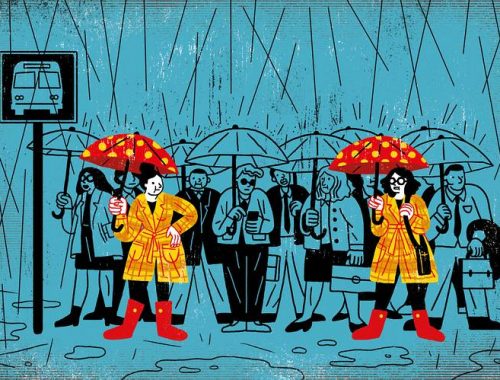Selamat datang! Welcome to another fascinating blog post where we dive into the annals of history to uncover monumental breakthroughs in the field of medical research. Throughout the ages, brilliant minds and diligent scientists have toiled tirelessly to unravel the mysteries of the human body and find cures for ailments that have plagued mankind since time immemorial. Join us on this captivating journey as we explore some pivotal moments that have shaped modern medicine.
Introduction: A Glimpse into the Past
The pages of history are filled with tales of humanity’s relentless pursuit of knowledge and solutions, and the field of medicine is no exception. Our ancestors, armed with limited resources and rudimentary techniques, embarked on a quest to understand the human body and heal the sick. Their discoveries paved the way for the advanced medical landscape we have today.
Body: Unraveling Medical Marvels
Ancient Wonders and Traditional Wisdom
Long before sterile laboratories and cutting-edge technology, ancient civilizations made remarkable strides in medicine. The Egyptians, for instance, practiced basic surgery and utilized plant-based remedies to treat various ailments. Traditional Chinese medicine, with its holistic approach encompassing acupuncture and herbal treatments, has also stood the test of time and continues to benefit millions.
The Revolutionary Renaissance
The Renaissance brought about a seismic shift in medical knowledge. Pioneers such as Leonardo da Vinci conducted meticulous anatomical studies, enabling us to comprehend the complexities of the human body. Andreas Vesalius, a Flemish physician, challenged prevalent notions by publishing “De humani corporis fabrica,” a groundbreaking anatomical treatise that laid the foundation for modern anatomy.
Microscopic Marvels: Germ Theory and Vaccinations
In the 19th century, groundbreaking theories emerged that forever changed how we perceive diseases. Louis Pasteur and Robert Koch’s work on germ theory demonstrated that microorganisms were the culprits behind many illnesses. Building upon this knowledge, Edward Jenner developed the smallpox vaccine, laying the groundwork for the immunizations that have saved countless lives since.
Modern Discoveries: Antibiotics and Genomics
The discovery of antibiotics, spearheaded by Alexander Fleming’s serendipitous encounter with penicillin, revolutionized the treatment of infectious diseases. Additionally, the completion of the Human Genome Project in 2003 unlocked the closely guarded secrets of our genetic blueprint, paving the way for personalized medicine and a deeper understanding of inherited diseases.
Conclusion: A Legacy of Innovation
The strides made throughout history in the field of medical research prove that humankind’s thirst for knowledge and determination to alleviate suffering knows no bounds. From age-old traditions to groundbreaking scientific discoveries, each breakthrough stands as a testament to our collective resilience and ingenuity. As we move forward, let us remember and honor the pioneers whose tireless efforts have shaped the medical world we know today.
Frequently Asked Questions (FAQs):
Q1: What was the significance of the germ theory in medical research?
A1: Germ theory revolutionized our understanding of diseases by proving that microorganisms, such as bacteria and viruses, are the root cause of many illnesses. This understanding led to the development of effective strategies for preventing and treating infectious diseases.
Q2: How has the completion of the Human Genome Project impacted medicine?
A2: The Human Genome Project provided scientists with a complete map of the human genome, unlocking a wealth of information about our genetic makeup. This has paved the way for personalized medicine, targeted therapies, and a deeper understanding of genetic disorders.
Q3: Were medical breakthroughs limited to Western civilizations?
A3: No, medical breakthroughs transcended geographical boundaries. Ancient civilizations, such as the Egyptians and the Chinese, possessed their own unique medical knowledge. Furthermore, contributions from scientists across various cultures and continents have shaped the modern medical landscape.
Now, armed with this newfound knowledge, explore the rest of our blog to uncover more captivating topics and intriguing historical narratives in the realm of medical research!
Terima kasih! Thank you for joining us on this historical journey.

